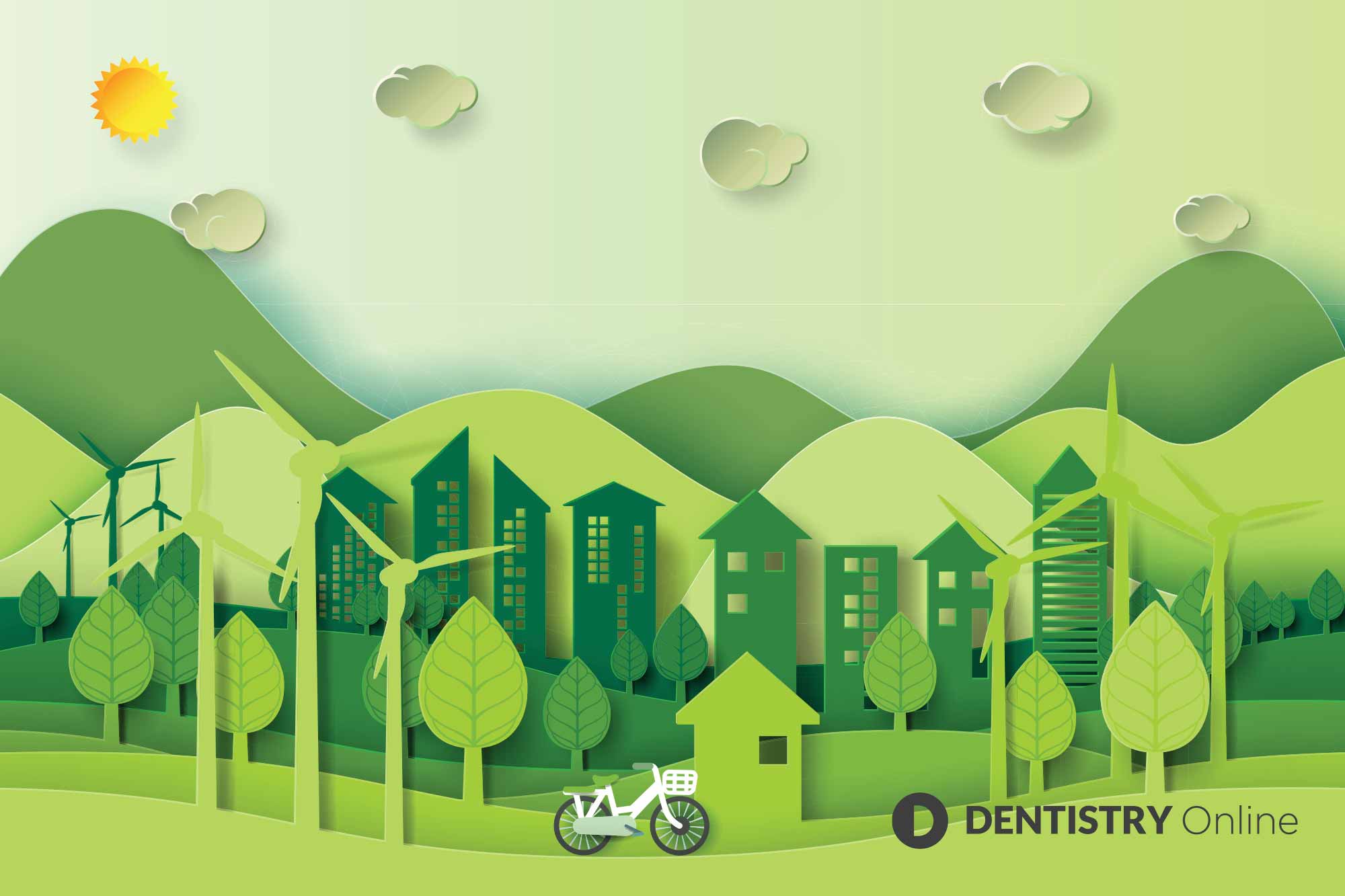 Sustainability within dentistry is a subject we should all get behind and start discussing, Adil Khan believes. Here he lists some small changes dental practices can make to become more sustainable.
Sustainability within dentistry is a subject we should all get behind and start discussing, Adil Khan believes. Here he lists some small changes dental practices can make to become more sustainable.
Despite the ongoing pandemic diverting most of our attention, it is easy for us to forget about the other great challenge of our time.
However, the inconvenient truth is that climate change is not going to disappear. It requires as much attention as we are placing on the current pandemic if we are going to properly address this issue.
Lockdown episode one brought about the abrupt and drastic change that we need to replicate to bring about significant change.
We cannot achieve this in the same way as the lockdown. We cannot ask people to stay inside for the rest of their lives.
Instead it requires large scale investment in public transport infrastructure and an increased uptake of environmentally-friendly cars.
It may feel like it is quite hard for us as individuals to help bring about these changes. But as clichéd as the phrase is, each little change we can make can make a large difference.
Even beyond an individual level, we can drive change as a profession. We can set an example for our colleagues in other healthcare professions.
Influence as a profession
According to the latest January 2021 registration report, there were 112,975 registrants. This is a sizeable number, before we even take into account staff who do not require registration.
With a profession this size (equivalent to the population of Grenada), we can bring about change by coming together, which has not always been the easiest previously.
However, to illustrate my point, a colleague brought about change with the BDA. They did this by pointing out the plastic copies of the BDJ come in.
She successfully managed to change their practice and now copies are sent in a paper cover, which is fully recyclable. It shows that if we demonstrate that there is demand for change then there is a greater chance of it occurring.
Highlighting simple steps such as reusable cups and cutlery and going paperless with more innovative ideas such as wildlife areas outside practices, the article demonstrated that becoming more sustainable does not need to be as complicated or costly as bolting solar panels to the roof of the practice.
Making your practice more sustainable is a great start. But as healthcare professionals we have the power to influence further.
Latest NHS England figures show that 21 million adults were seen by NHS dentists in the 24 months up to June 2020. They also show 6.3 million children were seen by NHS dentists in the 12 months up to that date.
These figures do not include private dentistry or even dentistry as a whole in the other UK nations. Therefore, it is not an unreasonable assumption to say that half of the UK population see the dentist in a 24-month period.
The dentistry problem
This gives the profession an enormous platform to push more sustainable practices.
Estimations are that 1.5 billion toothpaste tubes and 1 billion toothbrushes are thrown away each year. Despite progress towards making these products recyclable, we waste a lot of energy creating these products.
Sustainable practices are not purely about recycling, but also about ensuring the creation of these products is clean.
The alternatives
Alternatives to the traditional include Pärla Toothpaste Tablets, which completely eliminates plastic. The manufacturers also create in a sustainable way.
Founded by fellow members of our profession, we can rest assured that the fluoride content is still present. Recommending and stocking this alternative is not going to have a negative impact on our population’s oral health.
Toothbrushes are the other pillar of our population’s oral health. But the majority are plastic and 80% end up in landfill or the ocean.
Bamboo toothbrushes are now more widely available with Anything But Plastic and The Pearly White Club to name just a few.
Bamboo is fast growing but crucially biodegradable, which makes it the perfect alternative. These companies also ensure that there is no impact on the wildlife through the use of bamboo.
Bristles however are made from nylon, which is not biodegradable.
These need removing prior to disposing and this dental staff should point this out to patients when recommending them.
Flossing is a crucial part of our OHI and aiding against the incidence of periodontal disease. However, floss typically ends up the same way as traditional toothbrushes and toothpastes in landfill.
Alternatives do exist now and sustainable floss from Eco Living and Georganics is available. This provides that same impact on periodontal disease, but with minimal impact on the environment.
What should we do?
Alternatives to our traditional products do exist. We as a profession should drive these products to the forefront by using our exposure to the population.
Stocking these products in our surgeries and actively recommending them to patients is a good starting point. We should also drive the more established and larger companies to do more.
Initiatives such as Tepe Good and Colgate’s Smile for Good packaging are great starting points. With their resources and reach however, these companies could do more.
It is important that during this challenging period, our drive to a more sustainable future does not become drowned out by constant talk of fallow time, SOPs and other pandemic-related talk.
Climate change is still the challenge of our time. As shown, we can influence the future as an individual and as a collective.
Follow Dentistry.co.uk on Instagram to keep up with all the latest dental news and trends.


